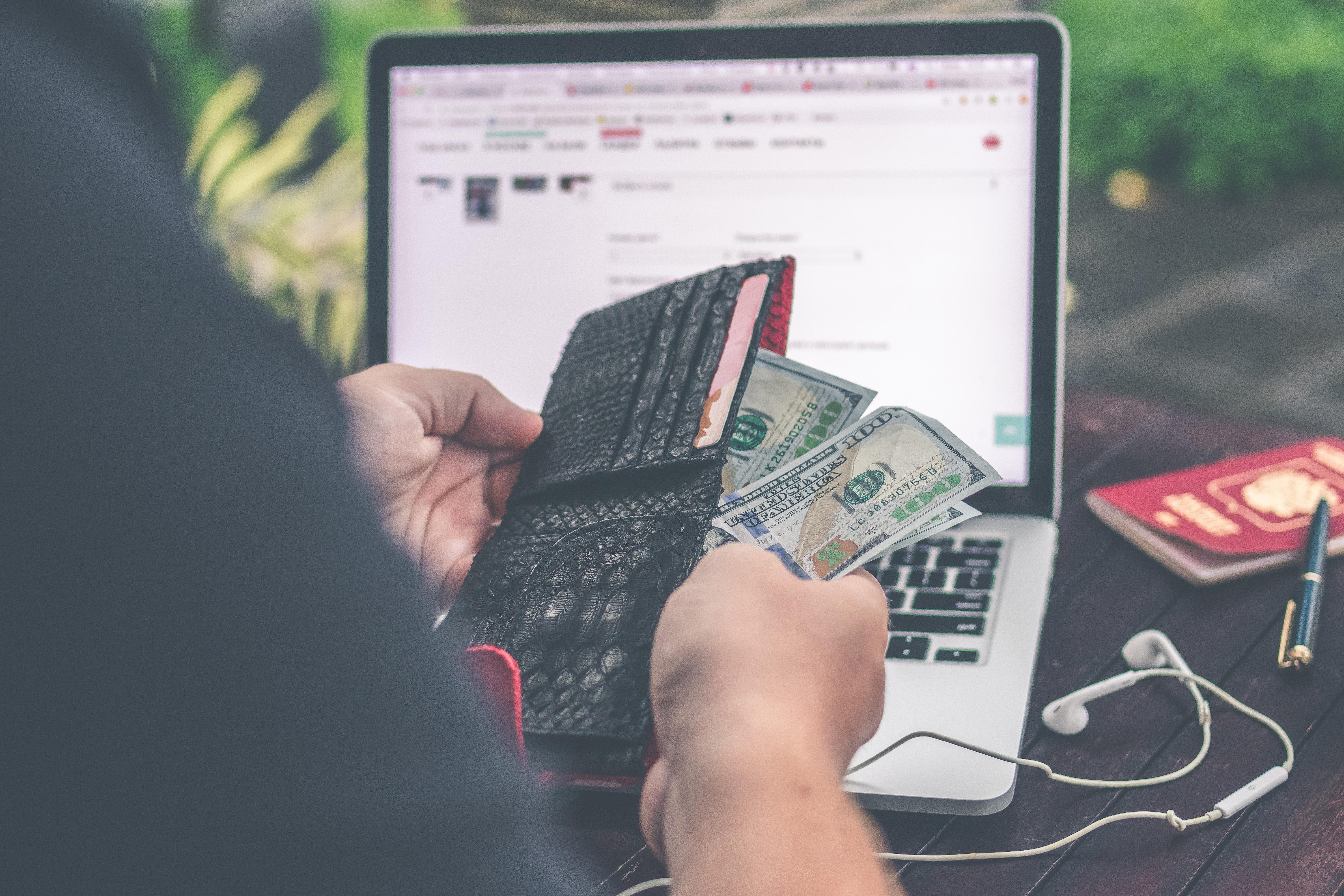Thieves would do anything just to get their greedy hands on one's hard-earned money. They are becoming smarter and they find ways on how they can use the power of technology to their advantage. Unfortunately, with online banking, shopping, and quick cash loans becoming so omnipresent, every one can be a potential victim.
Cyber theft can happen to anyone who has access to the internet. Fraudsters take advantage of the convenience sought out by online users and consumers. If you're someone who uses the web often to access your financial information or do online transactions, you may be at a higher risk but it doesn't mean you can't do something to prevent the crime from happening.
Here are 6 simple but helpful preventive measures you may consider to combat cyber theft and save your money from being stolen by fraudsters online.
1. Use a separate computer/device for financial transactions
If you are going to access your financial accounts and make transactions online, it is strongly advised to use a separate computer which is meant only for business and finance-related activities. Cyber criminals may steal your personal information using the programs only you can give them access to.
If you're using your computer for work or leisure, you might mindlessly click on an infected download or attachments, fake advertisements, or suspicious e-mail messages meant for "phishing" created by fraudsters. These dangerous media allow them to get hold of your personal information without you knowing it.
2. Mind the security of the website
Don’t get lured by colorful website design and creative digital marketing services gimmicks. It's okay to be skeptical, especially if you're taking out a quick cash loan or shopping online where you have to give off your personal information to a virtual entity.
Whether you're using your personal computer at home or you're on the go with your phone, there will always be threats to your personal information and financial accounts.
Protect yourself by checking if the website you're logging into is secured. Focus your attention to the address bar and see if the web address begins with "https" and a closed lock symbol. Social networking sites, banks, online lending institutions and other websites that ask for personal information but don't have these security symbols may be fake websites created by cyber thieves.
3. Install anti-malware software
Cyber thieves can install malicious programs or malware on your computer without your consent. Malware includes viruses, trojans, spyware, and fake software which give attackers the opportunity to create a permanent presence in your computer and leverage it for their operations. One of the things they can do is sneak into your private files and grab your credit card and personal information.
Get protection from internet security programs designed to scan your computer, clean it up, and remove potential threats before they corrupt your system. And of course, never trust any unknown malware removal tool either. Some of the best anti-malware software tested worldwide are Malwarebytes, Bitdefender Internet Security, F-Secure Internet Security, Kaspersky Internet Security, AVG AntiVirus and Avast.
4. Update your password regularly
Make it a habit to change your password on your online accounts every 60 to 90 days. Choose a very strong password, usually compromised of uppercase and lowercase letters, numbers, and special character. Refrain from using weak and obvious password characters such as your initials, birthday digits, and other information about you or your family that may seem easy to figure out.
5. Monitor your financial activities
Always find time to review bank and credit card statements as well as credit reports. Well, this is a no-brainer but is still often neglected. Check your financial information and activities at least once a week, whether you are expecting an activity on your transaction or not, and manage to look not just on the numbers but on the details of every transaction.
6. Sign up for real-time security alerts
Most bank and credit card companies have real-time notifications services you may sign up for. You'll receive an e-mail in when they detected unusual purchase attempt or when your card is charged without the use of the physical card.
The notifications you'll receive include wire transfers, foreign transactions, new account setups, and changes in bill payee information. These alerts may clog up your inbox and may cause annoyance on your part but it's better to be safe than sorry, right?
Author Bio: Sophie Harris is a resident writer for QuickCash Au, an Australian-based business, providing short-term cash loans for your borrowing needs. She is passionate about writing articles regarding personal finance and money hacks.












No Comments